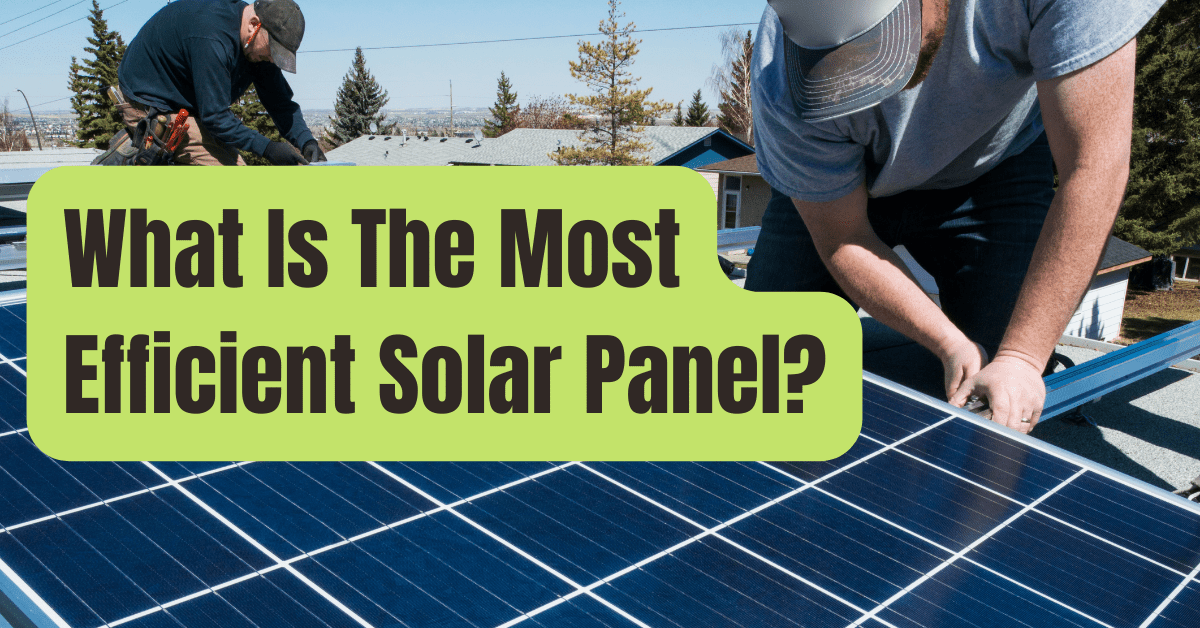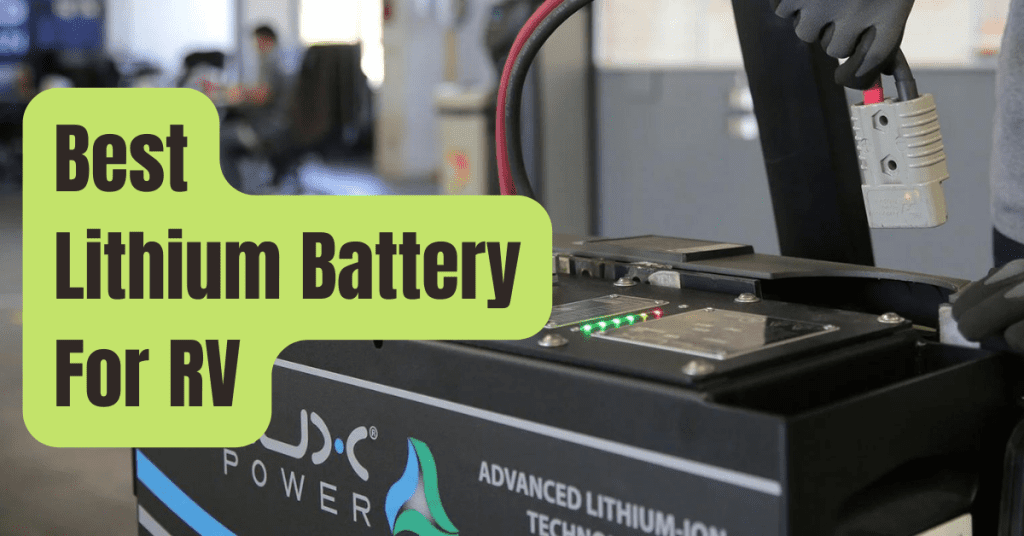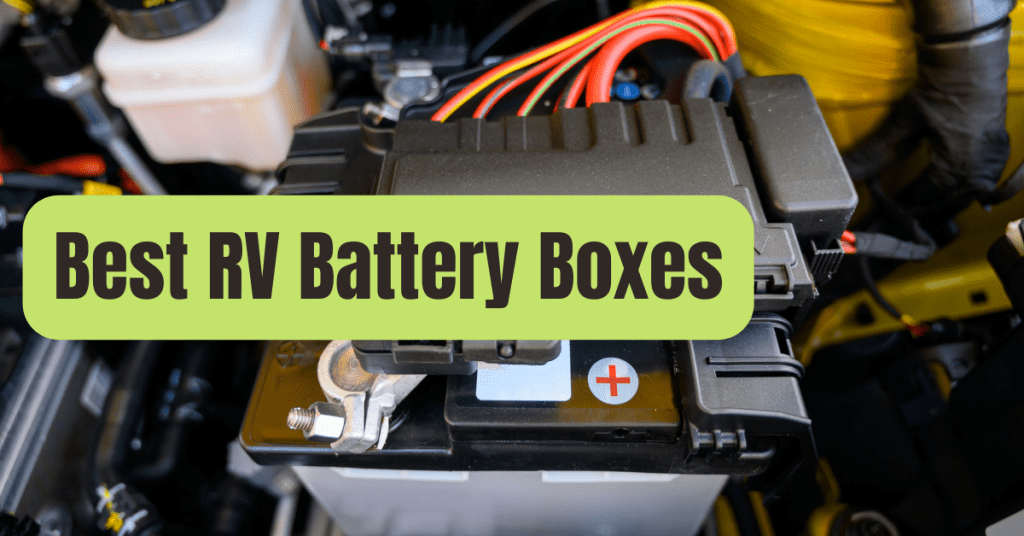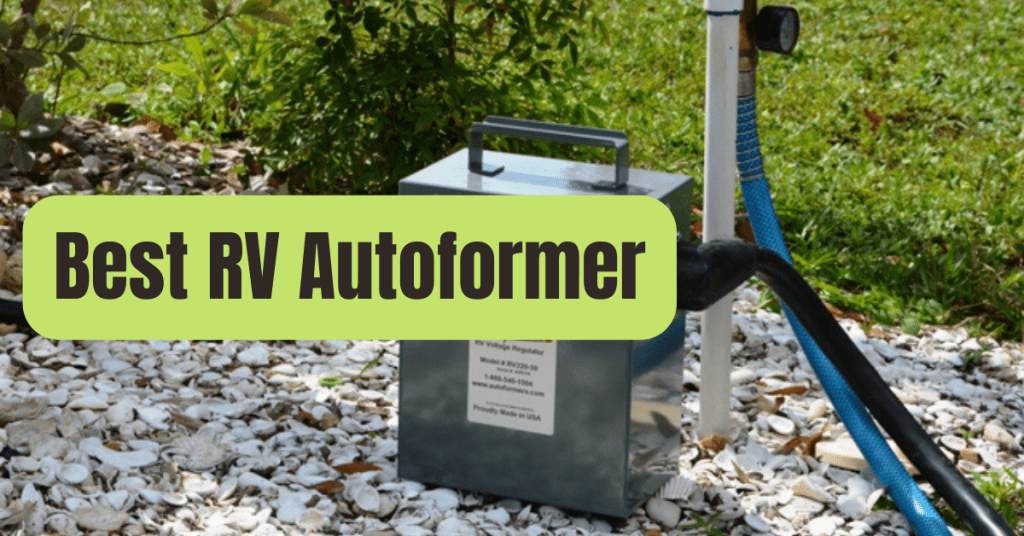Editor’s Note: Forbes Advisor partner connections generate revenue for us.
The views and assessments of our editors are unaffected by commissions.
Getty
A great approach to save energy and reduce utility costs is to install solar panels.
To choose the most effective solar panels for your business or home installation, it is crucial to comprehend the variations in solar panel manufacture.
Solar Energy Can Run Your Home
In order to meet your demands for a solar system, solar panels, and power, SunPower offers a network of reliable installers.
Today, locate a solar panel installer!
How Solar Panel Efficiency Is Calculated
The quantity of sunlight that is reflected off the surface of solar panels and converted into electrical or thermal energy determines how effective they are.
Prior to recent developments in photovoltaic technology, the average efficiency of solar panels was approximately 15%.
Now, however, efficiency is above 20%.
Consequently, a panel’s usual power rating is 370W, up from 250W.
Photovoltaic (PV) cell efficiency and overall panel efficiency are the two elements that determine how efficient a solar panel is.
The silicon type and PV cell design determine a cell’s efficiency, while the panel size, cell arrangement, and configuration determine a panel’s efficiency as a whole.
The greatest power rating under typical test circumstances divided by the entire area of the panels yields the overall panel efficiency (in meters).
Efficiency may be impacted by a variety of factors, including temperature, cell type, and irradiance level, or the rate at which sunlight strikes the panels.
Efficiency may also be impacted by the shade of the backsheet used to shield the panels.
For instance, although a protective blacksheet could seem more appealing in black, the color actually absorbs more heat.
Other hues like dark blue, green, or even patterns may be a better alternative for your solar panels since they produce lower temperatures and increase overall conversion efficiency.
The Main Solar Panel Types
The most popular solar panel types in industrial, commercial, and residential settings are thin-film, monocrystalline, and polycrystalline.
Here is a quick description of each and the scenarios in which they are most helpful:
#1. Monocrystalline Is The Most Effective.
As the most effective choice, monocrystalline solar panels are often recommended and work best when placed for bigger energy systems in commercial and residential buildings.
Monocrystalline might nonetheless be employed in smaller systems since panel sizes do vary.
Pros
- High quality silicon was used in their construction, increasing their efficiency to 15% to 22%.
- Demand less area than thin-film and polycrystalline panels.
- Due to the steady and inert nature of silicon, monocrystalline panels may endure up to 25 years.
Cons
- Because of its intricate construction, the price is considerable.
- Not a suitable option for regions with harsh winters since snowfall might harm the solar cells and lead to system failure.
SunPower, LG, and Panasonic are the best brands of monocrystalline solar panels.
#2. Polycrystalline: Most Cost-Effective
Polycrystalline solar panels, as its name indicates, are made by melting many pure silicon crystals together.
However, having more crystals isn’t necessarily better.
The efficiency of polycrystalline panels is actually lower than that of monocrystalline panels.
However, given that they are available in a range of power levels from 5W to 250W and beyond, they make a viable option for both modest and large-scale installations.
Pros
- Because the manufacturing process is easier, they are less costly than monocrystalline materials.
- They are better for the environment since they produce less trash after melting.
- They are strong and long-lasting like monocrystalline solar panels, making them an excellent option for homes on a tight budget.
Cons
- Because of the lesser quality of the silicon used to create them, they have a lower efficiency (13 to 17%).
- take up more room in order to generate the same amount of electricity as monocrystalline cells.
TrinaSolar and YingliSolar are the best brands of polycrystalline PV solar panels.
Comparing Prices Offered By Top Solar Panel Installers
To Begin With Your No-Obligation, Free Estimate, Choose a State
Best For Powering Transportation Is Thin-Film
Thin-film PV cells, which are not formed of silicon and are lightweight and portable, are the least effective kind of solar panel.
Use them exclusively in installations where they won’t need to generate a lot of power; their flexibility and portability are their two main advantages.
Pros
- Cheaper and easier to create
- Excellent for solar-powered transportation applications, such as bus rooftop panels and cold-storage truck refrigeration
Cons
- They are a poor option for roofs since they need a lot of room to collect enough solar radiation to produce electricity.
- Because they are weaker than crystalline panels, they degrade more rapidly. For thin-film panel installations, there are only limited warranties available, which homeowners should take into account depending on how long they want to live in their houses.
Stion and Solopower are the top brands of thin-film solar panels.
Comparing Prices Offered By Top Solar Panel Installers
Free, non-binding quotes
Search for a Solar Panel Installer
What to Take Into Account When Buying Solar Power Panels
#1. Cost
Since installing solar panels might be expensive up front, many homeowners do not make this choice lightly.
Depending on the kind of panel and the number required for installation, polycrystalline solar panels are said to be the most economical option for solar panel installations.
The original cost of solar panels may be recovered over time, but depending on a variety of variables, such as energy use and weather, which may impact the performance of solar panels, it may take longer for you to see a return on your investment.
#2. Location
Unsurprisingly, locations with higher sun exposure have solar energy that is more effective.
For instance, solar electricity would probably be more advantageous for homes and businesses in Southern California than in the foggy Pacific Northwest.
Even locations without the most sunlight may still profit from solar energy since the panels will produce more electricity in colder climates.
#3. Use of Energy
Installing solar panels makes sense if you have high energy prices since they will lower costs and eventually pay for themselves.
Solar panel installation could not be cost-effective if you use very little electricity.
It’s also crucial to remember that the highest efficiency is only possible under ideal circumstances and only during the first few years of the panel’s lifespan.
The efficiency of the solar panels will decline with time and exposure to the environment.
FAQs
Can you install solar panels yourself?
It’s alluring to install solar panels yourself in order to save money, particularly if you’ve completed a number of DIY projects with success.
However, it is preferable to leave the installation of solar panels to the experts.
Depending on the kind of panel you choose, installation may call for complicated setups that would be difficult to execute effectively without the necessary training.
To maintain the guarantee, expert installation could also be necessary.
Getting a professional to install your solar energy system ensures that it will be done correctly the first time so that you can start enjoying its advantages right away, as is the case with many other projects.
How long will it take for the cost of the solar panels to be recovered?
The original cost of the solar panel installation, the amount of energy subsidies, and power use will all have an impact on this response.
However, homeowners often need six to ten years to recover their original investment.
How durable are solar panels?
A solar panel’s lifetime is typically 25 to 30 years.
They may, however, live for up to 50 years.
Snow, wind, and storm-related debris may impact how long solar panels last depending on the climate where they are put.










